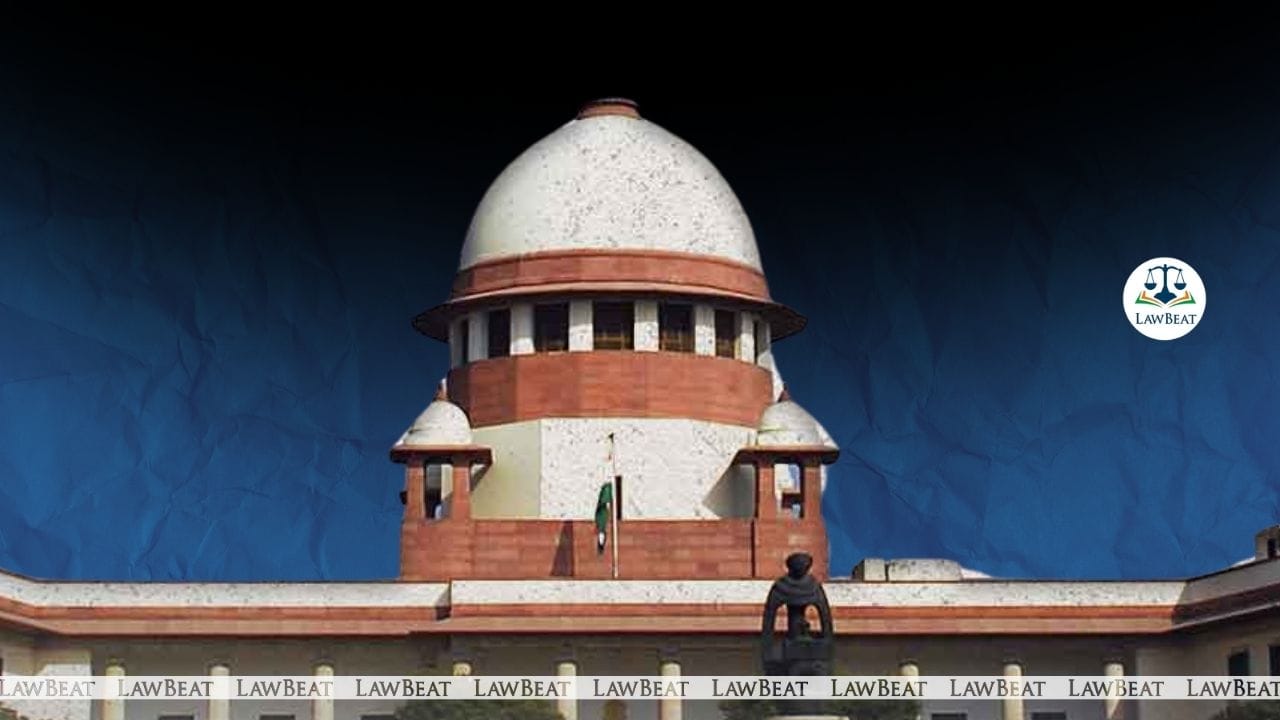18 Feb| Interest liability arises on default of employer under Employee’s Compensation Act: SC

The court pointed out the discretion is only in so far as applying a higher rate, ensuring that it does not exceed the lending rate prescribed for scheduled banks
The Supreme Court has on February 17, 2025 said that under Section 4A(3) of the Employee’s Compensation Act 1923, the interest liability arises on default of the employer, in paying the admitted compensation due under the Act within one month from the date it fell due, and if there is such default, necessarily interest should run at the rate provided.
A bench of Justices Sudhanshu Dhulia and K Vinod Chandran said the interest runs from the date of the accident and the interest statutorily provided is 12 % as it comes out from the provision itself.
"The discretion is only in so far as awarding a higher rate of interest; exceeding the prescribed lending rates applicable to scheduled banks. The discretion is only in so far as applying a higher rate, ensuring that it does not exceed the lending rate prescribed for scheduled banks. Hence 12 % simple interest per annum necessarily has to be applied," the court said.
The bench explained the legislative intent is very clear insofar as Sub¬clause (b) of Section 4A(3) conferring a discretion on the Commissioner/Authority to impose a penalty not exceeding 50 % of the amounts awarded while no such discretion is available under clause (a).
On a civil appeal filed by Shanti and others, the court here examined the only question as to the interest payable under the Employee’s Compensation Act.
The Insurance Company’s argument was that when there is a default in complying with Section 4A (2); mandating the employer, disputing a liability, to make provisional payment based on the extent of liability, which payment has to be either deposited with the Commissioner or disbursed to the employee or legal representatives, the additional liability incurred on such failure cannot be mulcted on the insurer.
It further contended Subsection 3A provides that on default to pay the compensation within one month from the date it fell due, the employer shall pay, in addition to the amount of arrears, simple interest at the rate of 12 % per annum or at such higher rate not exceeding the maximum lending rate prescribed for scheduled banks by sub¬clause (a) and sub¬clause(b) further provides a penalty not exceeding 50 % of such award amounts.
The appellants' counsel submitted that there is a statutory mandate to award interest under Sub section 3(a) at the rate of 12 % per annum and the discretion conferred on the Commissioner is only to the extent of granting a higher rate, which again should not exceed the lending rate specified for scheduled banks.
The Insurance Company refuted the claim, on the contention that the insurer is not liable to indemnify the insured for the default committed by the insured. It pointed out that in the present case the owner of the vehicle, was the father of the deceased and the contention was that the deceased was employed as a cleaner in the truck owned by the father. The mother and the other siblings were the claimants.
It specifically contended that there was no intimation about the accident, given to the Insurance Company. It also submitted that even if the liability is mulcted on the Insurance Company, they are entitled to recover the interest awarded, from the insured; since there is no question of indemnification of a default committed by the employer.
The bench said that there is a mandate in so far as payment of 12 % interest if there is a default committed in making the provisional payment.
"We cannot but notice that under Section 4A(3), the interest liability arises on default of the employer, in paying the admitted compensation due under the Act within one month from the date it fell due and if there is such default, necessarily interest shall run at the rate provided," the bench said.
The court emphasised 12 % simple interest per annum necessarily has to be applied. In the instant case, the Commissioner has awarded only 40 % penalty, it noted.
The bench also pointed out the question of whether the son’s employment in the father’s vehicle can inure to the benefit of the legal representatives, to raise a claim for compensation under the Act, cannot be agitated.
The claim petition was once dismissed on that ground and the claimants had approached the High Court. The appellate order found the claim to be maintainable and directed a fresh consideration based on the evidence led, as to the employer-employee relationship. The Commissioner under the Act has considered the evidence and found the employer-employee relationship to be in existence leading to the award of compensation with 6 % interest per annum and also a further 40 % as penalty for the default committed.
The court further noted the award of 6 % interest itself was confirmed by the High Court, in an appeal filed by the claimants; which appeal sought award of interest from the date of accident and also enhancement of the rate, the enhancement being declined.
"There was no appeal or cross appeal filed by the Insurance Company against the 6% interest awarded and in that circumstance, in a further appeal by the claimants filed before this court, the Insurance Company can neither wriggle out of its liability to pay the interest amount as flowing from the award nor can it claim recovery from the insured," the bench said.
Allowing the appeal, the court found the claim to be substantiated by the statutory provisions. It, however, modified the award insofar as the rate of interest at the rate of 12 % per annum from the date of accident.
